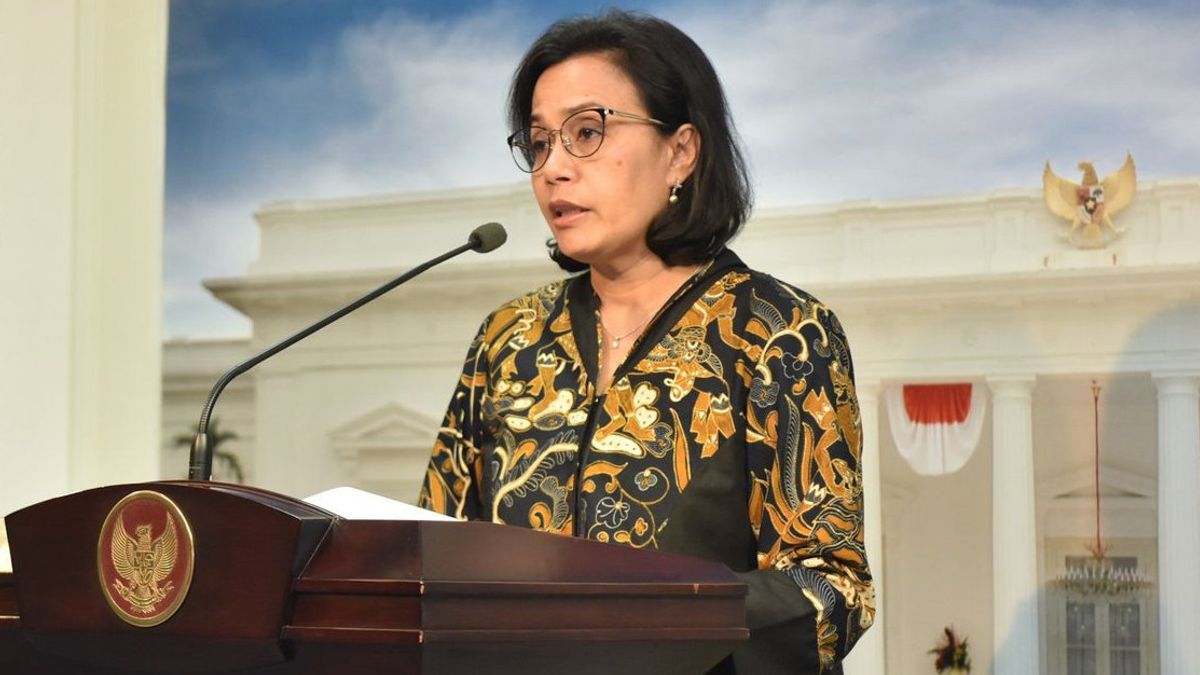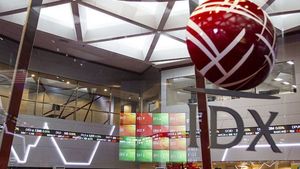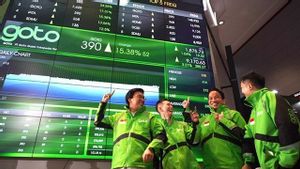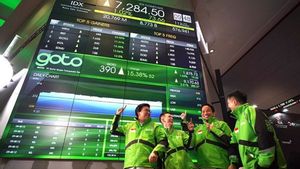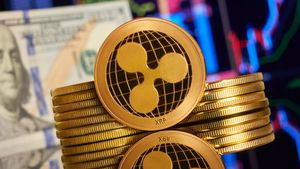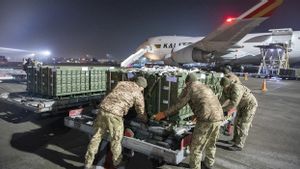JAKARTA - The Minister of Finance (Menkeu) Sri Mulyani hopes that state spending in 2023 which is targeted at IDR 3,061.2 trillion will not be concentrated in the final quarter.
"Earlier this was evaluated, so we hope that in 2023 the spending acceleration will be increased," said Sri Mulyani in a press statement regarding the Plenary Cabinet Meeting, quoted from Antara, Tuesday, January 17.
The acceleration of state spending is mainly carried out by using e-Catalogs, which are electronic information systems that contain lists, types, technical specifications, and prices of certain goods or services from various government goods or service providers.
Thus, he said state spending could prioritize goods or services produced by domestic industries.
The Domestic Component (TKDN) level is currently becoming increasingly important to further strengthen Indonesia's economic recovery because this year there has been a weakening in various countries in the world, so of course this will affect Indonesia's export performance.
As for 2022, state spending has been well accelerated by successfully growing 10.9 percent compared to the same period last year (year-on-year/yoy) reaching IDR 3,090.7 trillion.
Over the past year, Sri Mulyani revealed that personnel spending was relatively maintained and did not increase, or only 3.5 percent (yoy), while goods spending decreased due to reduced spending related to COVID-19 Handling and National Economic Recovery (PC-PEN) of 20.2 percent from IDR 529 trillion to IDR 422 trillion.
VOIR éGALEMENT:
"Our capital spending remains stable at IDR 238 trillion and social assistance spending at IDR 461 trillion," he added.
Even so, the former Managing Director of the World Bank revealed that there were quite prominent state expenditures last year, namely spending on energy subsidies of IDR 551 trillion to protect society from shocks in energy commodity prices that have soared two to three times in 2022.
Thanks to this state assistance, the public only felt an increase in energy prices of around 30 percent for the pertalite and diesel types, compared to other countries which experienced unusually high increases in energy prices.
The English, Chinese, Japanese, Arabic, and French versions are automatically generated by the AI. So there may still be inaccuracies in translating, please always see Indonesian as our main language. (system supported by DigitalSiber.id)
